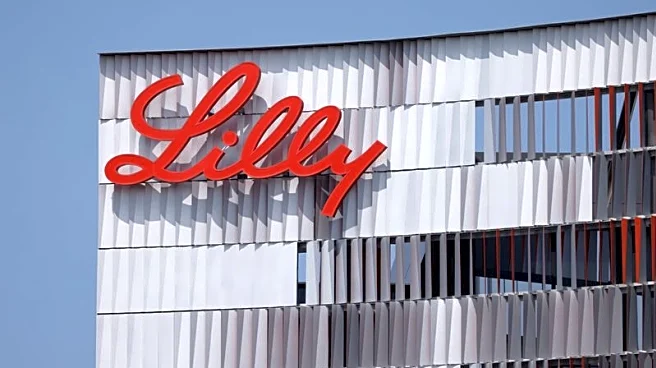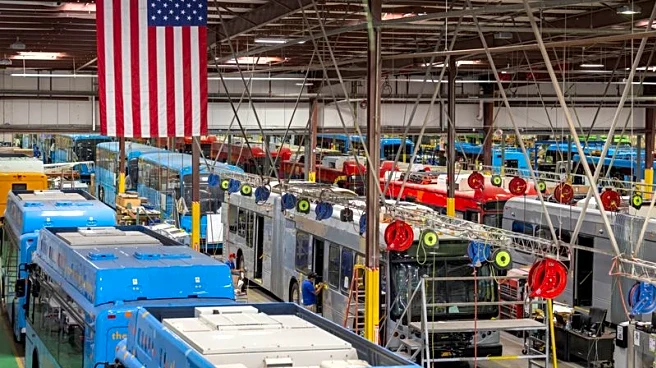Rapid Read • 8 min read
Italy's antitrust regulator has imposed a €3.5 million fine on the Giorgio Armani fashion group and one of its units for alleged unfair commercial practices. The regulator claims that Armani issued misleading ethical and social responsibility statements that contradicted the actual working conditions at its suppliers and subcontractors. The investigation revealed that Armani outsourced most of its bag and leather accessory production to third parties, who then subcontracted to other producers. Some of these subcontractors reportedly employed workers illegally and under poor health and safety conditions. The Giorgio Armani group has expressed disappointment with the decision and plans to appeal the fine, maintaining that it has always operated with fairness and transparency.
AD
This development highlights ongoing concerns about labor practices within the luxury fashion industry, particularly regarding the ethical sourcing of materials and the treatment of workers in supply chains. The fine against Giorgio Armani underscores the increasing scrutiny that luxury brands face over their social responsibility claims. It also reflects broader industry challenges in ensuring ethical practices across complex global supply chains. The outcome of this case could influence how other luxury brands manage their supply chains and address ethical concerns, potentially leading to more stringent regulations and oversight.
Giorgio Armani plans to appeal the decision before an Italian regional administrative court, which could lead to further legal proceedings. The case may prompt other luxury brands to reassess their supply chain practices to avoid similar penalties. Additionally, the regulator's actions could encourage more investigations into other brands, as seen with previous probes into Dior and Valentino. Stakeholders in the fashion industry may need to enhance transparency and accountability measures to mitigate risks associated with unethical labor practices.
The case raises ethical questions about the responsibility of luxury brands for the working conditions in their supply chains. It also highlights the potential disconnect between a brand's public image and the realities of its production processes. As consumers become more aware of these issues, brands may face increased pressure to demonstrate genuine commitment to ethical practices, potentially leading to shifts in consumer behavior and brand loyalty.
AD
More Stories You Might Enjoy











